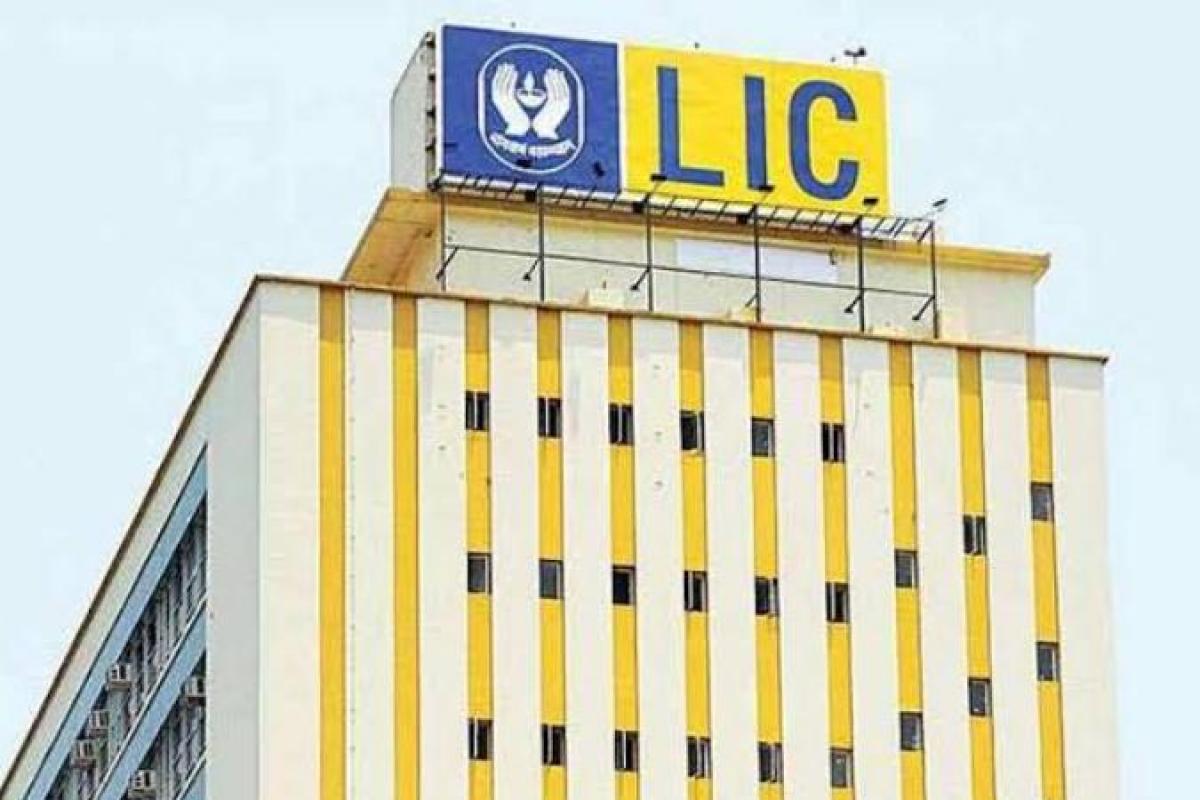Supreme Court on Thursday refused to grant stay after hearing a batch of petitions challenging the decision of the Central government to trade 5 per cent of its shareholding in Life Insurance Corporation (LIC) through an Initial Public Offering (IPO).
A bench of the Supreme Court, headed by Justice Dr Dhananjaya Yashwant Chandrachud, and also comprising Justices Surya Kant and PS Narasimha issued notice to the Central government in the case but declined to pass any stay order.
“We cannot grant any interim relief now. In matters of IPO, court will be reluctant in granting interim relief. It is about investments,” the bench said.
The Court said that the issue raised is regarding enactment of law as a money bill and the same is already pending before the apex court. Hence, it said that the case will be tagged along with the pending matter.
“Issue regarding money bill has been referred to the Constitution bench and it has to go to 7 now. We will issue notice and tag it with that matter,” said Justice Chandrachud, and refused to pass any interim relief to the batch of the petitioners.
It is to be noted that the LIC IPO opened on May 4 in a big way.
The batch of petitions filed by many LIC policyholders, in the Supreme Court stated that the amendments being challenged effectively reduce the share of LIC’s surplus which the petitioner is legally entitled to, causing losses to her and other participating policyholders to the tune of Rs 4,14,919 crore.
The petitioners said amendments to LIC Act, seriously jeopardising interestx of participating policy holders, could not have been carried out through a Money Bill. The Centre said the Money Bill was passed 15 months back on March 28, 2021, and the petitioners can’t come to court so late.











